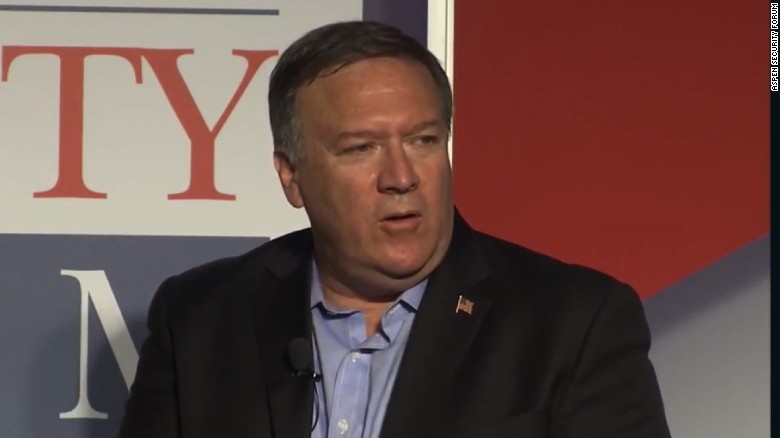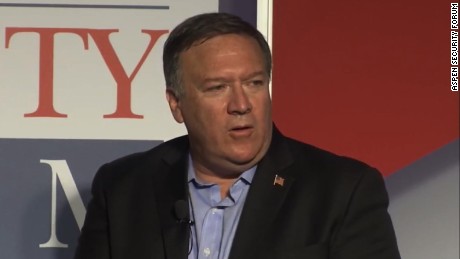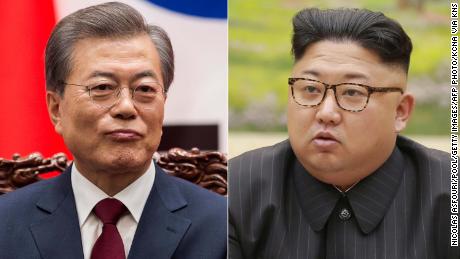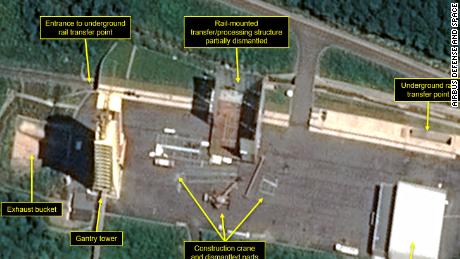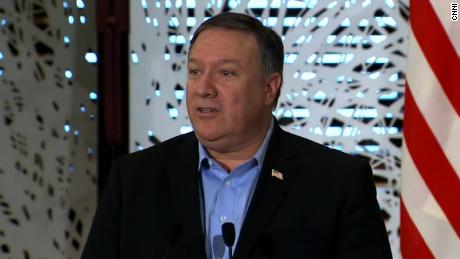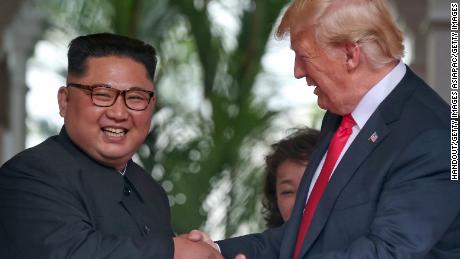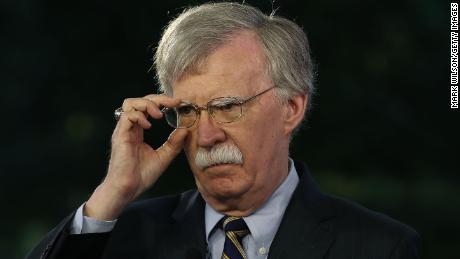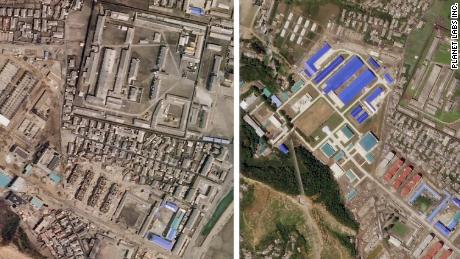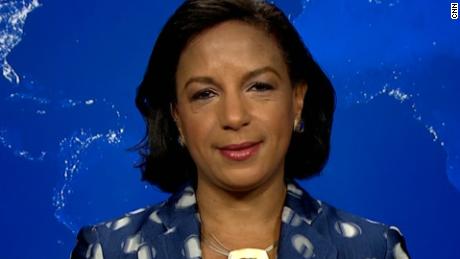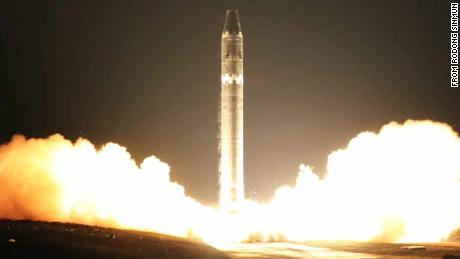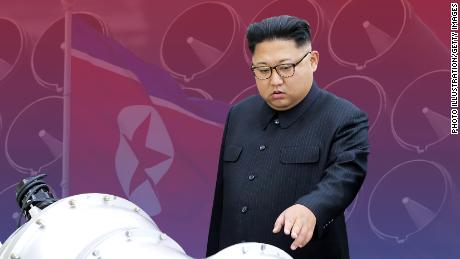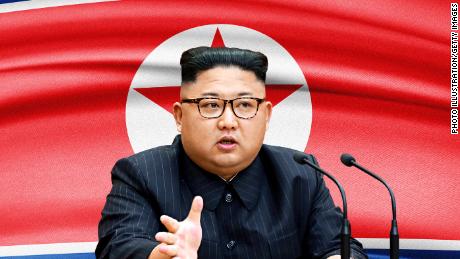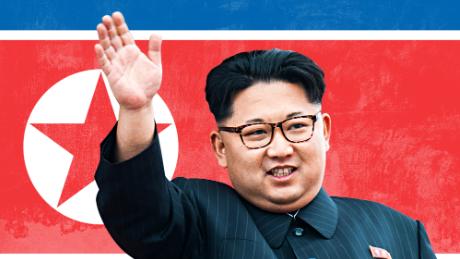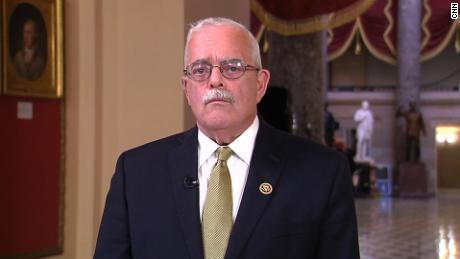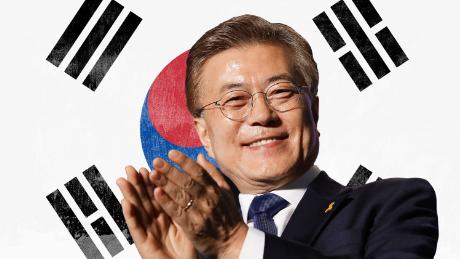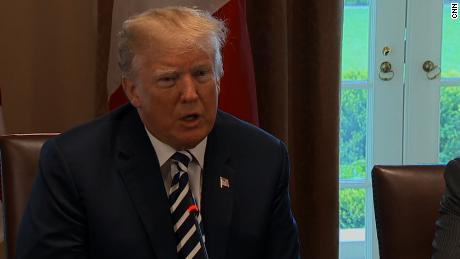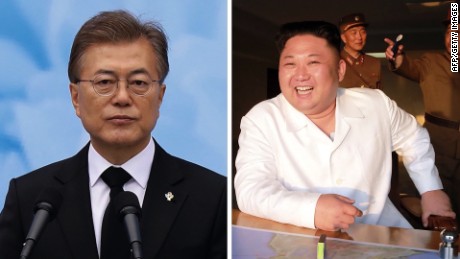Story highlights
- Pompeo said he's sure the North Korean people would love to see Kim go
- He said Kim's ouster wasn't an "unadulterated good" for the US
Washington (CNN)CIA Director Mike Pompeo on Thursday evening offered some of the most aggressive comments yet from the Trump administration with regard to North Korean dictator Kim Jong Un.
Although Secretary of State Rex Tillerson has in the past said the US was against forcing Kim out of power or the collapse of his government, Pompeo said that the administration needed to find a way to separate Kim from his growing nuclear stockpile.
"It would be a great thing to denuclearize the peninsula, to get those weapons off of that, but the thing that is most dangerous about it is the character who holds the control over them today," Pompeo said in a discussion moderated by conservative New York Times columnist Bret Stephens at the Aspen Security Forum.
He continued, "So from the administration's perspective, the most important thing we can do is separate those two. Right? Separate capacity and someone who might well have intent and break those two apart."
Pompeo said both the intelligence community and the Department of Defense have been tasked with drafting plans for what "ultimately needs to be achieved" with regard to the North Korean nuclear threat.
When asked if he meant he was advocating regime change, Pompeo denied that was necessarily what he was talking about but seemed to suggest advocating Kim's ouster. He said he believed the US could tackle "every piece" of the North Korean threat.
"As for the regime, I am hopeful we will find a way to separate that regime from this system," Pompeo said. "The North Korean people I'm sure are lovely people and would love to see him go."
During the question and answer portion of the event, Pompeo clarified he did not view Kim's ouster as an "unadulterated good" for the US, and pointing to the unknown consequences, Pompeo asked, "What's behind door number three?"
He went on to clarify that this was not an immediate task underway "to make happen tomorrow," and said the challenge was to convince other nations on the issue.
Interrogation techniques
Pompeo's comments Thursday underscore the former conservative congressman's penchant for tough talk.
He portrayed the CIA as an effective, aggressive component of an administration that was grappling with and defeating enemies all over the world. In response to questions about a range of adversaries and policy issues, Pompeo largely didn't hold back -- criticizing the Iran deal and even delving into the subject of torture as a means of interrogation.
When asked about moving beyond the Army Field Manual on the use of torture as part of interrogations, Pompeo said he had not yet found a reason to do so and, for now, the CIA under him would follow the law without seeking to change it.
"I haven't had anybody present me yet with a situation where I didn't feel like the Army Field Manual was sufficient," Pompeo said.
He pointed to his own confirmation testimony to say he would try to make a case to go beyond existing policy if he thought he needed to.
"As we're presented with situations or as we anticipate situations where the Army Field Manual may not deliver against what America needs, you can be sure I'll go back and advocate for it," Pompeo said.
And, decades after the fall of the Soviet Union, Pompeo said he occasionally had to catch himself from using Cold War terminology.
'It's complicated' with Russia
During the campaign, President Donald Trump spoke about a desire to work with Russia, and since he took office, many have watched to see if the two nations would grow closer.
Sixth months into the administration and just weeks after Trump and Russian President Vladimir Putin's first face-to-face meeting, Pompeo offered a mixed assessment when asked to describe the status of the two countries' relationship.
"It's complicated," he said.
Trump has said specifically he wants to work with Russia to defeat ISIS, but Pompeo said there was little evidence thus far that Russia was an ally in Syria or elsewhere, adding that Moscow has different goals in the region than the US.
"They love a warm-water naval port, and they love to stick it to America," Pompeo said.
He did, however, say he hoped the US would be able to find areas in which it could work with the Russians, including in counterterrorism efforts.
As for questions about Russia's role in the 2016 election, Pompeo said he was certain Russia made attempts to affect the outcome, although he seemed to characterize that as expected.
Asked if Russia tried to influence the election, Pompeo responded: "Of course, and the one before that, and the one before that. They've been at this a hell of a long time."
